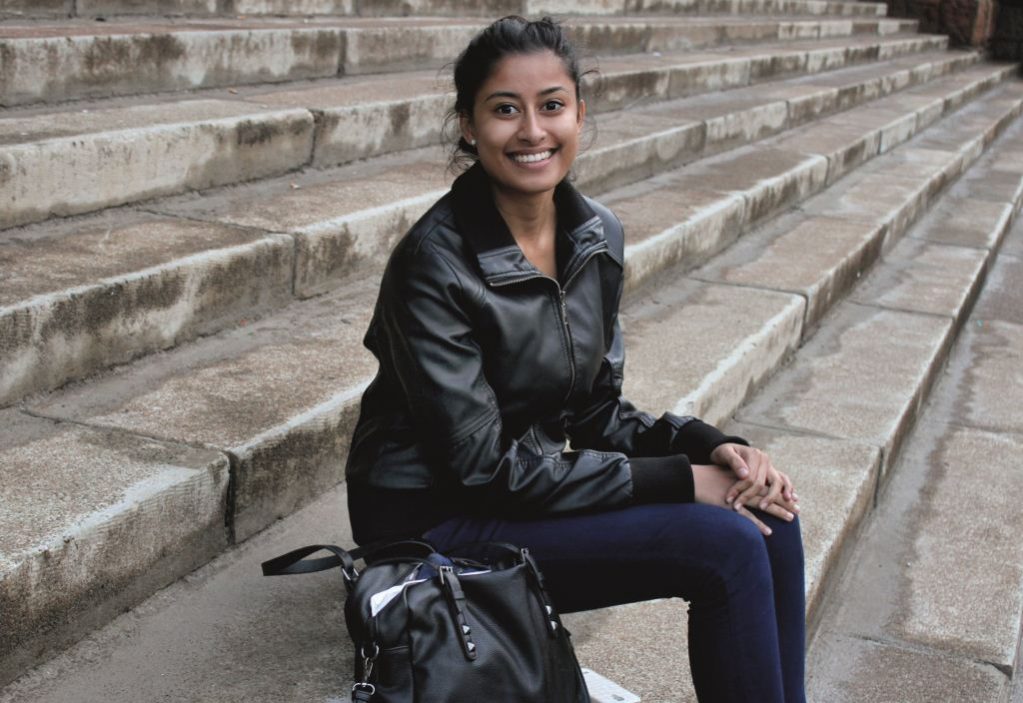South Africa’s youth represent around a third of the country’s population. Young people are the future; they are a national resource and a source of renewal.
The country’s 20-year-old democracy includes ‘born frees’, referring to the generation born after the apartheid era ended in 1994. They have only known a free South Africa. It is estimated that just over 600,000 South Africans were born the year the African National Congress (ANC) came to power. The polls will determine a new National Assembly as well as new legislatures in each of the country’s nine provinces. As per the website of the Electoral Commission of South Africa (IEC), there are about 700,000 registered male and female voters in the 18-19 age group.
There has been a lot of speculation about the impact the vote of the ‘born frees’ is likely to have; some say this generation is apathetic and uninterested in the current political discourse. FORBES WOMAN AFRICA took to the streets of Johannesburg to gauge the sentiments of the young voter.
One excited registered voter is Nikita Maharajh from Durban in KwaZulu-Natal province. She is a graduate student of chemistry at the University of Witwatersrand.
“As a kid I remember reading a poem which said, ‘one vote can change the nation’, and it has stuck with me until today. Born in 1994, I am a product of democracy. I hope our generation will be the change for a better South Africa.”

Refilwe Morapeli has heard stories of the hardships faced by her parents’ generation. Morapeli’s father was a political activist during the apartheid years. She refuses to be swayed by the politics of the past, and has chosen to find her own identity without being cynical.
“Being able to vote at my age is incredible. My parents and grandparents lived through apartheid and I believe they have set the standard of the importance of being involved with citizens of the country and how morality should be part of our country’s values.”
Courtney Townsend, a photography student at Vega School of Leadership, believes casting her vote will increase her chances of changing the future.

“I live on a farm in Nelspruit [capital of Mpumalanga province], and our house is the only decent one in the area. We are surrounded by hundreds of shacks occupied by people who haven’t tasted the fruits of South African democracy. The majority of families residing around my parents’ farm, Low’s Creek, either work at the mines in the area or in nearby farms, and their children attend schools that cater a very low standard of education that can only get them so far in life. The government has failed its people. The wealth gap, for which I hold it accountable, still needs to be addressed.”
Dumelang Makhooane is a 20-year-old first year photography student at Vega School of Leadership in Johannesburg. Despite the freedom of choice in the upcoming elections, she says many first-time voters will be influenced by their parents.

“Freedom is an illusion. As much as you get democracy, you don’t really get the democracy [that was promised]. As much as my generation is encouraged to participate in this significant election, it does not change the fact that a huge governing body in the life of anybody my age is family. Our parents still play the role of government in our lives.”
